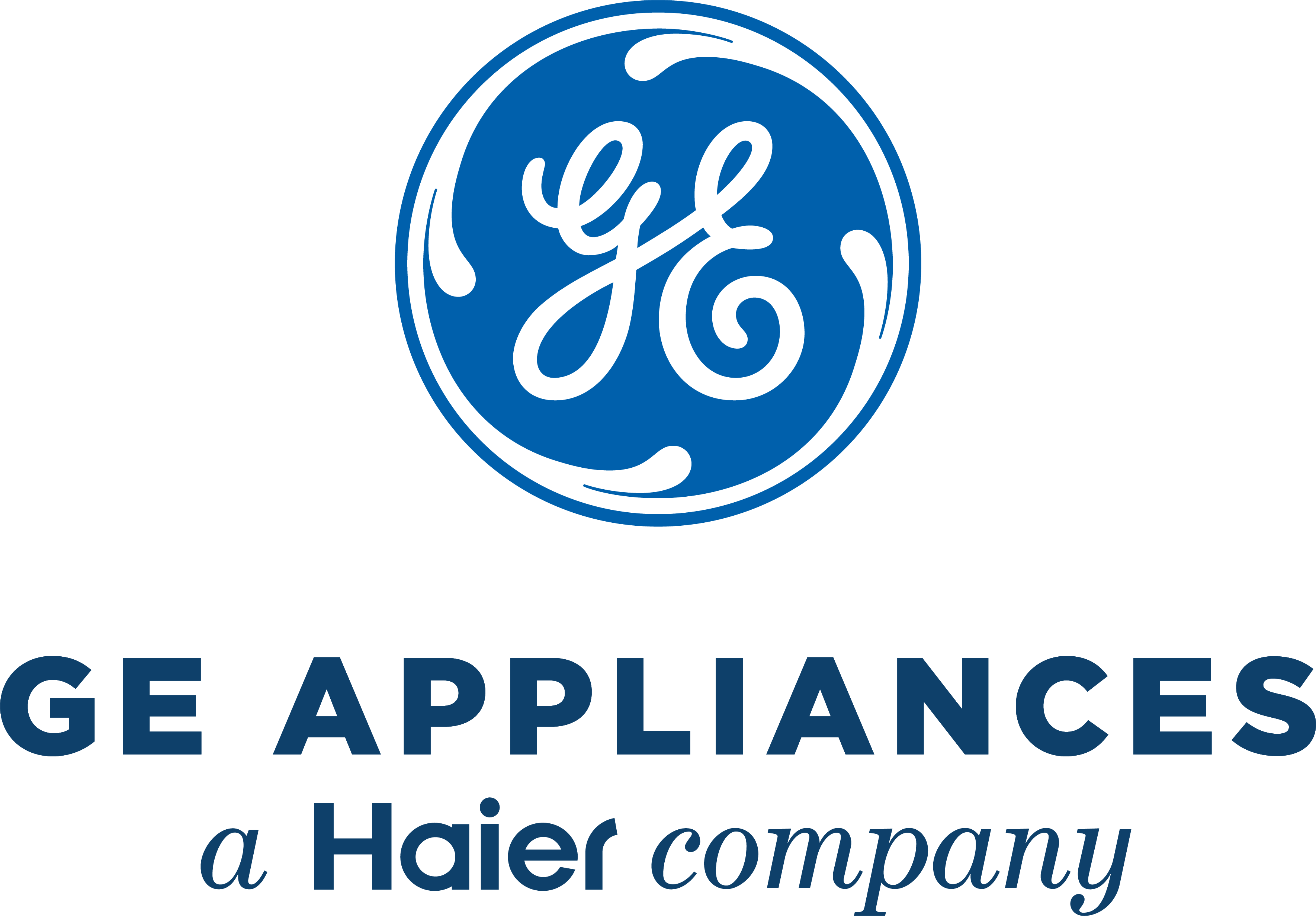As The Labor Shortage Continues To Impact Property Managers, Smart Home Solutions Can Fill In The Gaps

While apartment vacancies may be low, that doesn't mean it is an easy time to be a property owner. As the labor shortage rages on, many property managers continue to report significant staffing and recruitment challenges. Finding workers, particularly maintenance staff, is now the No. 1 issue discussed by owners and operators, according to National Apartment Association Chairman and President Don Bruner.
Service calls for appliance malfunctions, plumbing issues or other common building problems not only impact tenant retention but take up a significant amount of property managers' time and often require a full staff to handle in a timely manner — staff that many buildings currently don't have. In some cases, tenants may be able to make a “repair and deduct” claim for the period between a complaint they make about an appliance and when it’s resolved, resulting in lost rent.
Meanwhile, tenants are not only inconvenienced by slow response time but are also often forced to juggle their schedules and wait at home, sometimes for hours, for a technician to arrive. These issues can lead to bad reviews, hurting a property company’s overall reputation.
“In today’s market, every complaint from a tenant is treated the same, even if it is likely that the solution doesn't require someone being on-site,” said Jeremy Miller, senior commercial director of Smarthome Solutions for General Electric Appliances. “Maybe the problem was a customer education problem — they just needed to be shown how to do something — or repeat visits are needed because the service technician discovers they need a part they don’t have.”
GEA’s SmartHQ Management solution has been designed to solve these issues by enabling property managers to remotely monitor appliances and get proactive alerts to let them know if something is malfunctioning, sometimes before a tenant even realizes. When a tenant does report something, property managers can remotely see what issues may be occurring in the SmartHQ Management portal, giving them a way to determine the best course of action.
“Solutions like ours can help identify which of these problems can be resolved without sending a tech so that when a tenant calls, the property manager can address the issue over the phone with some guidance,” Miller said. “This eliminates the need to send a building’s already-limited staff out or to call for a costly technician, not to mention that this is far more convenient for the tenant as well.”
If technicians do need to be sent to address the issue, SmartHQ Management can see the specific problem and data being reported by the appliance, informing the technicians before they get on-site what they will be dealing with. With the solution’s Bluetooth diagnostic tool, the technician can get precise readings at the point of service to detect the exact problem or part that needs to be fixed or replaced — or if a simple software update will fix it — before they even open their toolbox.
SmartHQ Management works by connecting appliances to a building’s WiFi network. This allows the appliances to report their status, faults, operating history and more to the property managers’ dashboard, and the manager can monitor the problem in real time. GEA also offers an application programming interface that property managers can integrate into systems their building already uses.
“In addition to the web portal, we have a technician tool that can communicate with the appliance via Bluetooth when a technician is required to go to a service location,” Miller said. “This tool allows the technician to put the appliance into a test mode without having to take it apart so they can identify the specific area of concern. For example, if a refrigerator has a ‘fan fault,’ the tool can help them identify which fan in the unit is not working.”
Aside from using smart solutions, Miller offered some additional suggestions for how property managers can reduce the number of time-consuming service calls.
“Like most things, old-school pen-and-paper or community meetings can go a long way,” Miller said. “We think that 10% to 15% of service calls in the industry could potentially be avoided with better education.”
He suggested managers hand out flyers to residents that walk them through everything from how to load a washing machine correctly to avoiding out-of-balance issues or detergent lock problems to cleaning the filter in the dishwasher to make sure it is performing properly.
Miller said that in the future, GEA wants to give tenants the ability to get alerts and notifications so that they can see when something needs attention before they have even noticed the issue. He added that sometimes, tenants don't know there is a problem and nothing gets reported until it is too late.
“Eventually, property owners and operators will leverage AI to help identify patterns that can detect performance anomalies and analyze ways to conserve water and energy at the local level,” Miller said. “This will be a powerful tool to help businesses meet sustainability goals and differentiate their properties to environmentally conscious consumers."
This article was produced in collaboration between Studio B and General Electric Appliances. Bisnow news staff was not involved in the production of this content.
Studio B is Bisnow’s in-house content and design studio. To learn more about how Studio B can help your team, reach out to studio@bisnow.com.

